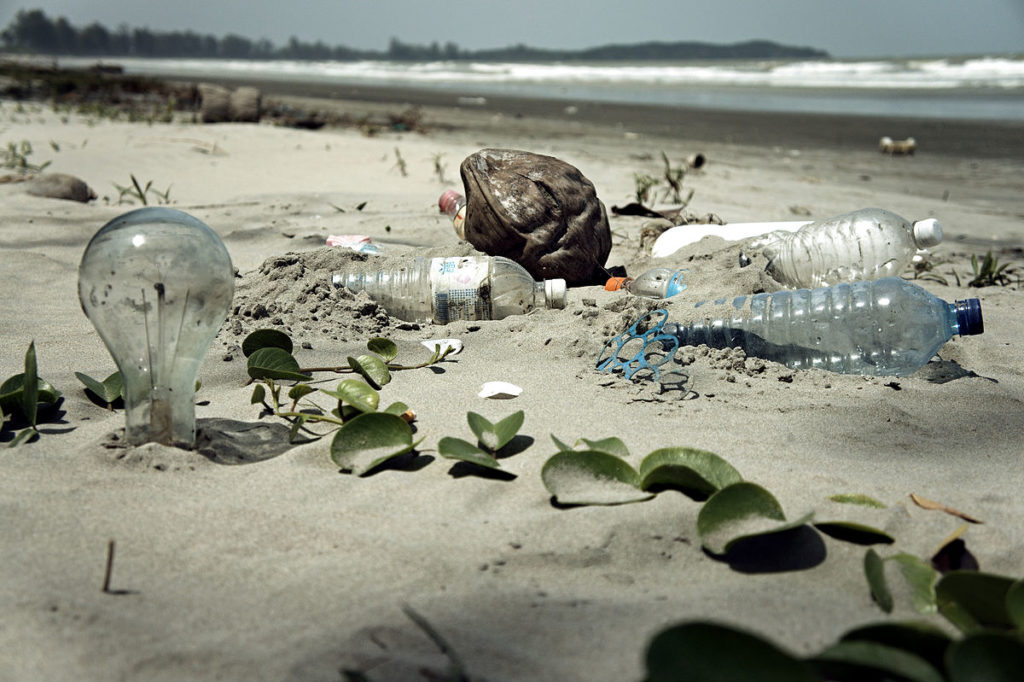
7 Nov, 2017
Transparency International: Time to Clean up The Offshore Financial Havens
5 November 2017, Transparency International News –The ‘Paradise Papers’ revelations published on 5 November by the International Consortium of Investigative Journalists (ICIJ) and its partners show how the rich and powerful around the world are able to hide wealth through complex and opaque financial structures which allow them to keep their business dealings secret.
These secret structures can also be used by the corrupt. As ICIJ writes in its introduction to the leak: “While having an offshore entity is often legal, the built-in secrecy attracts money launderers, drug traffickers, kleptocrats and others who want to operate in the shadows.”

Main image: Creative Commons, epSos.de
The sheer volume of the Paradise Papers documents hints at a vast, secret parallel financial universe: 13.4 million files were analysed by 381 journalists at 96 media outlets in 67 countries. The countries involved include Kazakhstan, Lithuania, Russia, Ukraine, UK, and the US.
“The high-profile list of people and corporations in this latest scandal is shocking. Clearly financial oversight authorities and lawmakers must realise the system is broken. Complex, cross-border structures are being used to facilitate a wide range of secret activity, which could include corruption, fraud and abusive tax schemes,” said Delia Ferreira Rubio, chair of Transparency International.
“Too many people are finding ways to hide wealth. If that wealth is from the proceeds of corruption it means criminals are being given the means to live off ill-gotten gains. Too often money that should go to improve the lives of ordinary people is siphoned off by corrupt officials and then used to fund luxury lifestyles. This must be stopped,” said Ferreira Rubio.
Public figures are shown to have hidden offshore investments, while companies involved include household names such as Apple, Nike and Uber.
The full impact of the Paradise Papers will only become clear in the coming days, weeks and months. ICIJ’s media partners plan to publish more stories on a daily basis this week, while legal analysis will no doubt unfold for far longer still.
Transparency International is calling for stricter measures to regulate the financial sector and their participants, including real estate brokers, lawyers and bankers.
Beneficial ownership transparency
All countries should have central, public registers of the real owners of companies, as well as registers containing information on all parties to trusts. Governments should require any company bidding for a public contract or purchasing and selling property to publicly disclose its beneficial ownership information.
Anti-money laundering measures
Law firms and intermediaries who set up offshore companies and trusts should know their clients and report suspicious activities to authorities. They should not routinely offer layers of secrecy to their clients
When facilitators fail to meet their obligations, authorities should impose appropriate sanctions, from fines and de-licensing of companies to prosecution of individuals.
Luxury goods and real estate
There must be special due diligence requirements that are enforced by the vendors of luxury items, including property in centres like London and New York, to ensure that the money used for purchases is not the proceeds of corruption
In the wake of the Panama Papers last year, at least 150 inquiries, audits or investigations have been announced in 79 countries and governments are investigating more than 6,500 taxpayers and companies. The Paradise Papers must not only lead to investigations but should show how important it is to end secrecy in the financial system.



Liked this article? Share it!